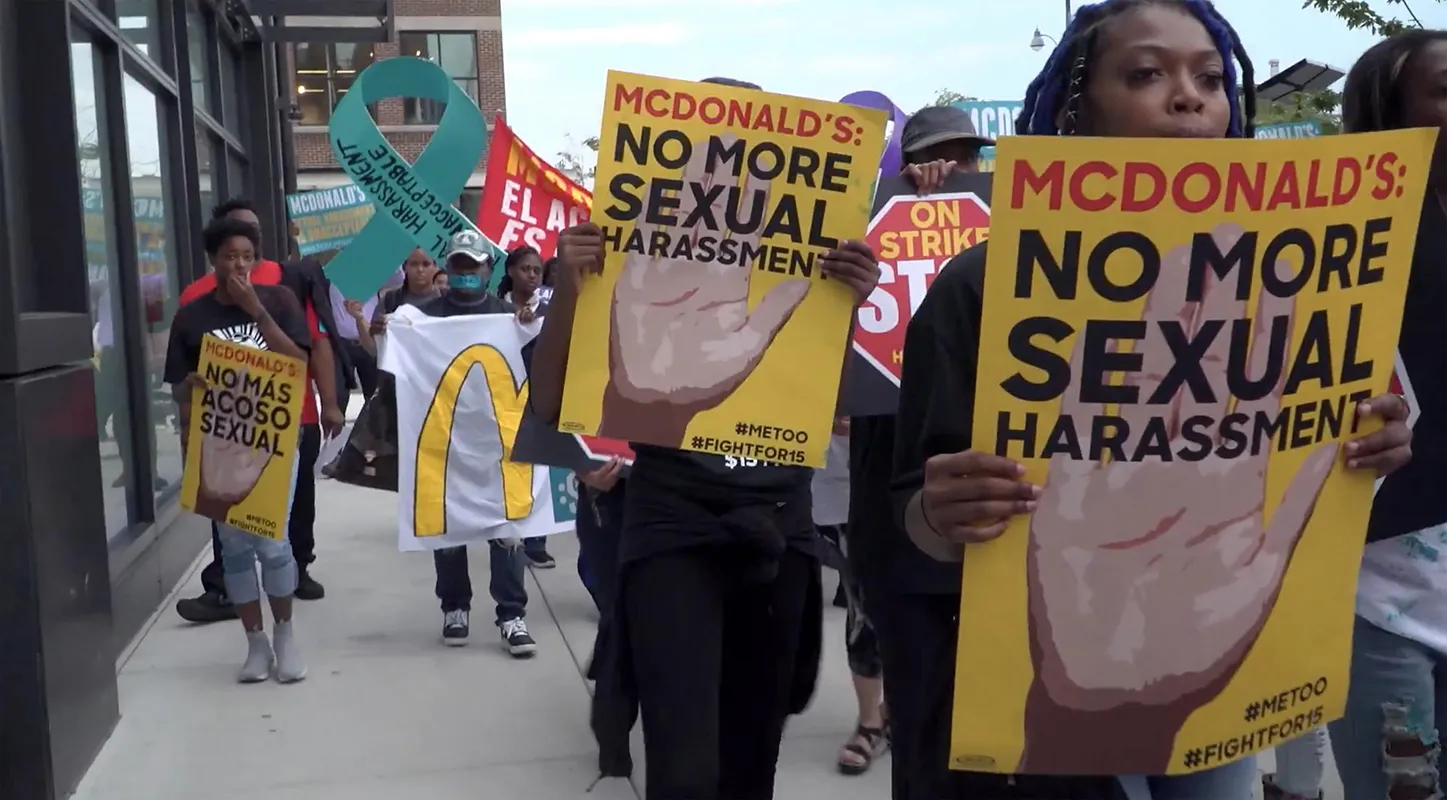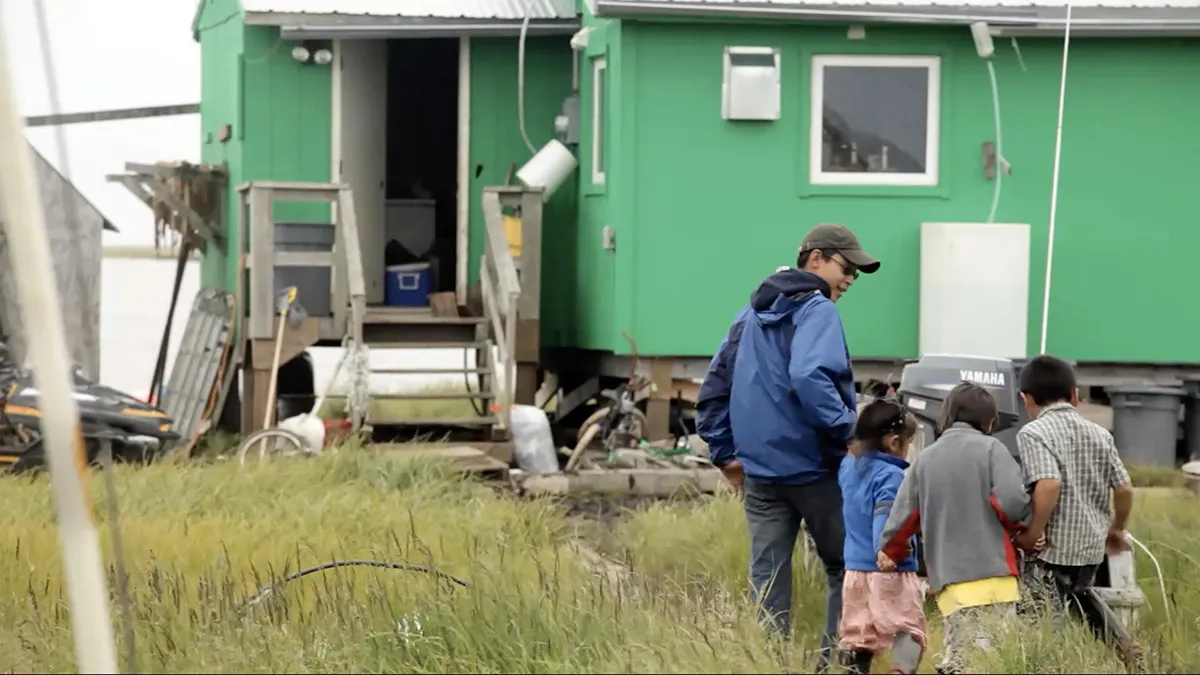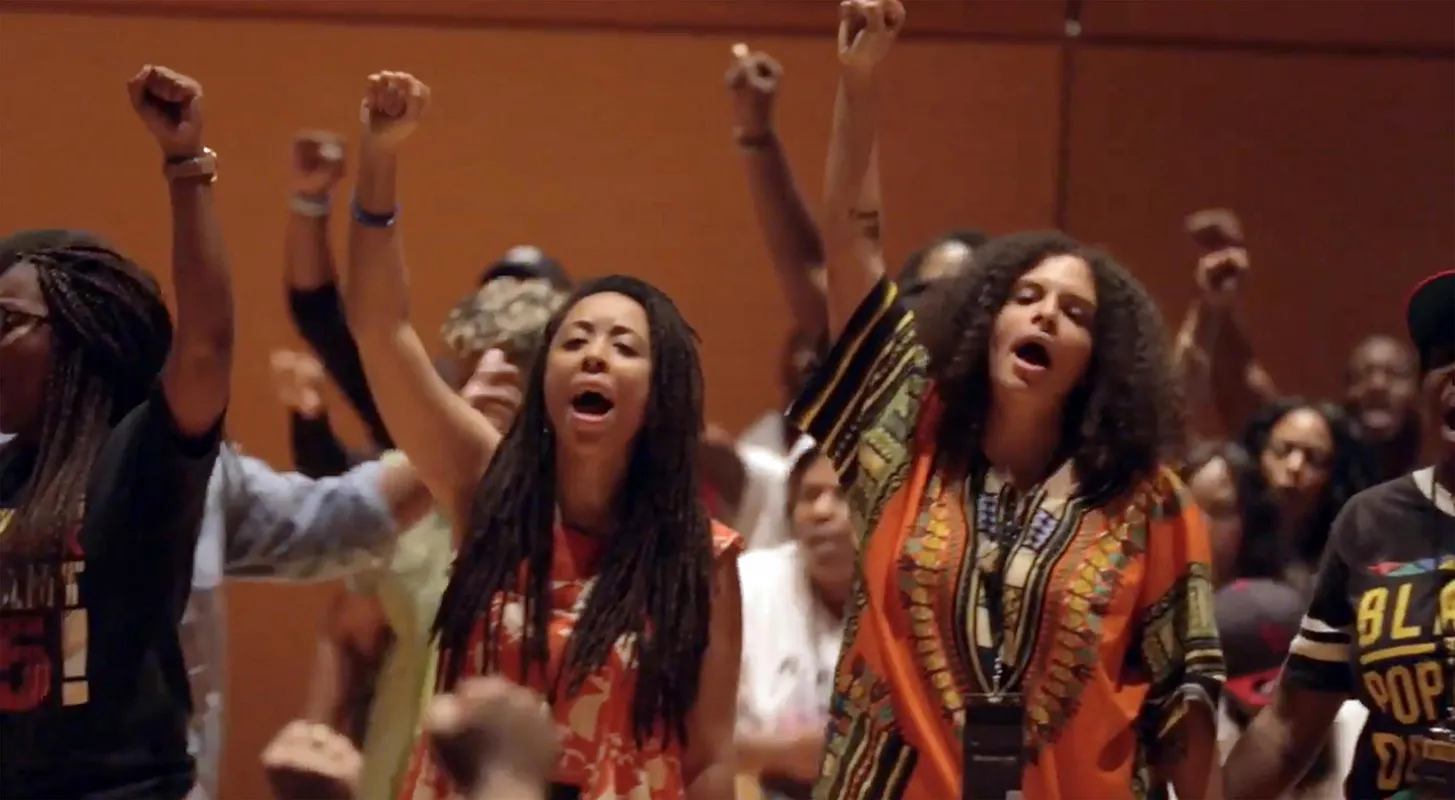It’s awards season — in case you haven’t noticed — when America takes a look at the movies of the past year, the blockbusters made with big budgets and the indie films created with much less. Hollywood buzz abounds around the nominations for best actor, best film, best director, best score and more. Who’s in? Who got snubbed? Who will win?
Amid all the tinsel town excitement is another form of cinematic art, garnering much less red-carpet hype, but perhaps far more valuable than all the nominated films’ budgets combined: community media.
Ithaca College’s own professor of screen studies, Patricia Zimmermann pulled together thematic programs of 41 short documentaries produced by 36 community entities from across the United States by over 90 makers called, “We Tell: Fifty Years of Participatory Community Media.” Programmed and curated collaboratively, Zimmermann and Louis Massiah of Scribe Video Center in Philadelphia have created a national traveling exhibition, chronicling the hidden histories of place-based documentaries that arise from specific locales, communities, and needs for social and political change. The project was supported by major grants from the National Endowment for the Arts, Just Films/Ford Foundation and the Independence Public Media Foundation.


